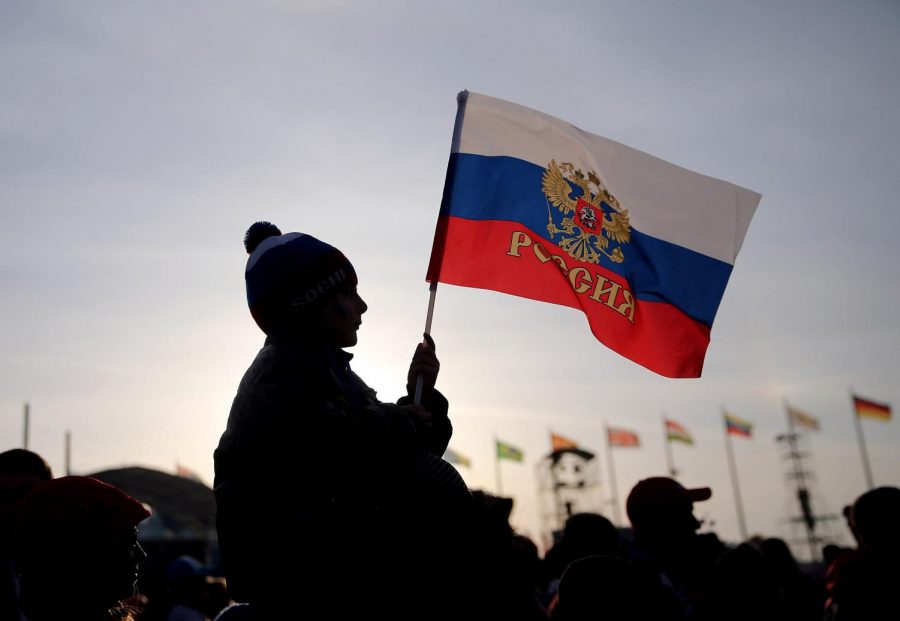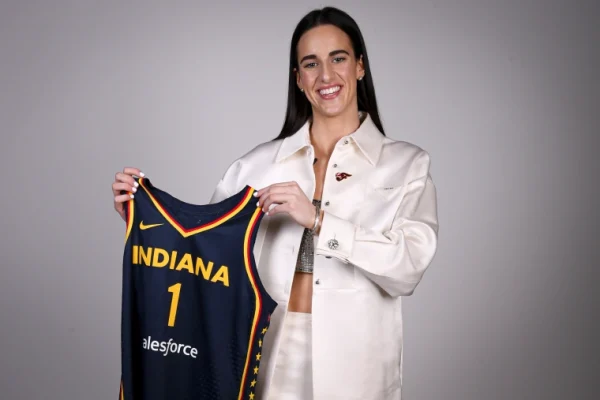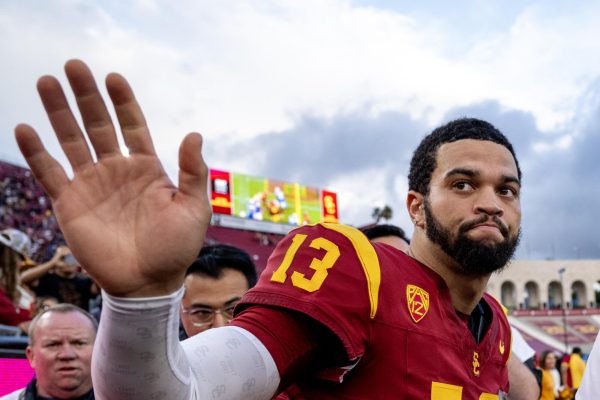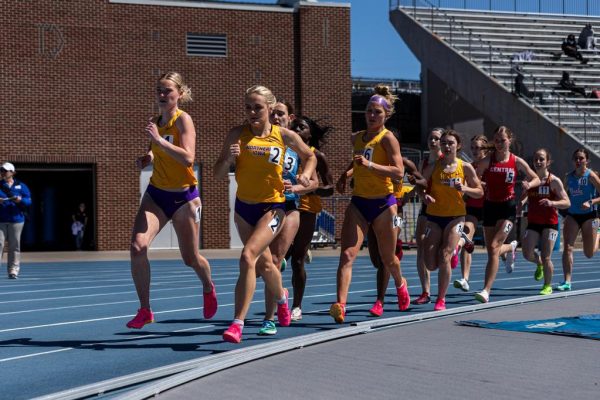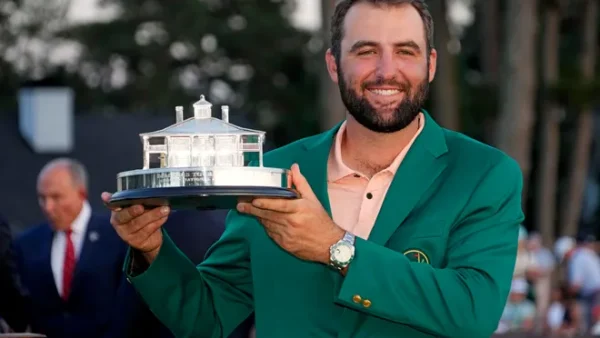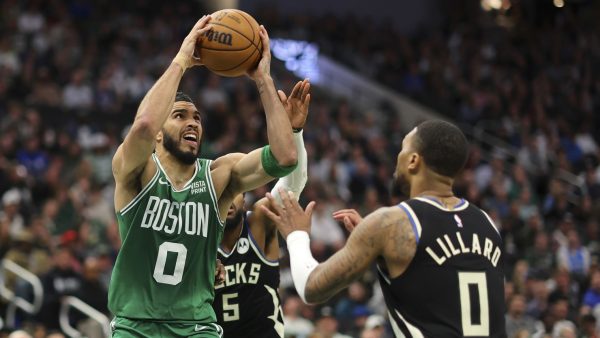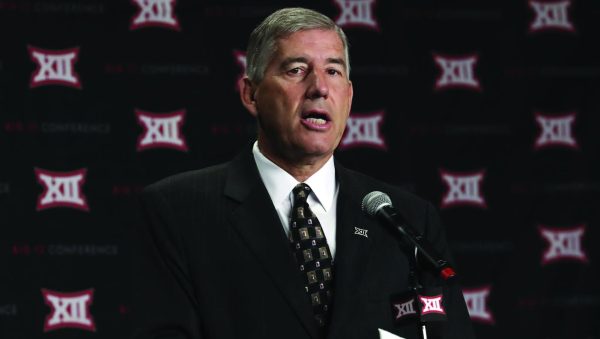IOC bans Russia from 2018 Winter Games
Dec 7, 2017
On Dec. 5, the International Olympic Committee (IOC) made the historic decision to ban Russia from the Olympics, including the 2018 Winter Games in Pyeongchang, South Korea in February.
Russian athletes are still able to compete, but are required to do so under neutral colors. Their anthem will not play, official record books will show no medals for Russia and government officials are unable to attend.
The ban is a result of a previous three-year investigation exposing a state-sponsored doping system, prior to the 2014 Winter Games in Sochi. Grigory Rodchenkov, whistleblower and former head of Moscow’s anti-doping laboratory, exposed evidence that covered-up Russia’s sophisticated doping methods.
Rodchenkov is currently enrolled in a witness protection program, seeking refuge in the United States. Russian President Vladimir Putin described Rodchenkov as “a man with a scandalous reputation” as if trying to convince the media that he acted on his own.
Rodchenkov’s allegations formed the basis for the 2016 McLaren Report. Professor Richard H. McLaren was appointed by the World Anti-Doping Agency (WADA) to lead the investigation following Rodchenkov’s claims of manipulating the drug control samples.
The first part of McLaren’s report claimed Moscow laboratory had “operated for the protection of doped Russian Athletes” within a “state-directed failsafe system.” His second report found that between 2011 and 2015, over 1000 Russian athletes benefited from the state-sanctioned cover-up.
Putin had invested $50 billion in the 2014 Winter Games in Sochi, Russia where 11 of their 33 medals have been revoked. The doping organization was established after Russia conceded the 2010 Winter Games with only three gold medals. Their 11th place finish was their worst performance since the collapse of the Soviet Union.
Putin said he and his country failed at eliminating the use of steroids but still denies a state-sponsored program.


